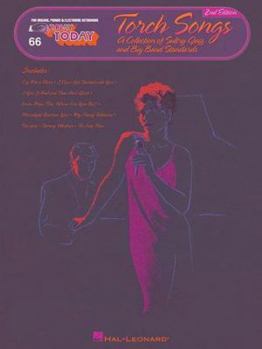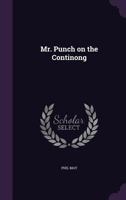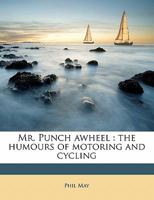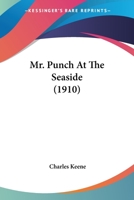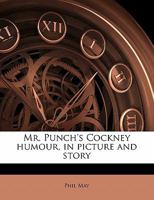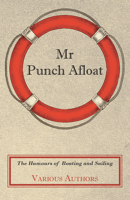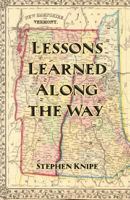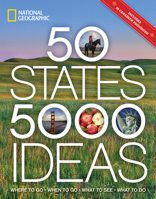66. Torch Songs: A Collection of Sultry Jazz and Big Band Standards (Torch Songs)
Select Format
Select Condition 
Book Overview
(E-Z Play Today). Sing your heart out with this collection of over 50 sultry jazz and big band melancholy masterpieces, including: Bewitched * Cry Me a River * Don't Explain * I Can't Get Started with You * I Got It Bad and That Ain't Good * Lover Man * Misty * Moonlight Becomes You * My Funny Valentine * My One and Only Love * Stardust * Stormy Weather * Too Late Now * and many more.
Format:Paperback
Language:English
ISBN:0793532833
ISBN13:9780793532834
Release Date:July 1994
Publisher:Hal Leonard Publishing Corporation
Length:144 Pages
Weight:1.10 lbs.
Dimensions:0.5" x 8.6" x 11.7"
You Might Also Enjoy
Customer Reviews
6 customer ratings | 5 reviews
There are currently no reviews. Be the first to review this work.










